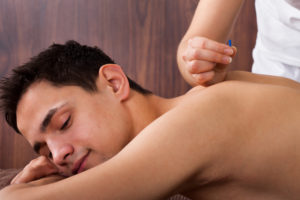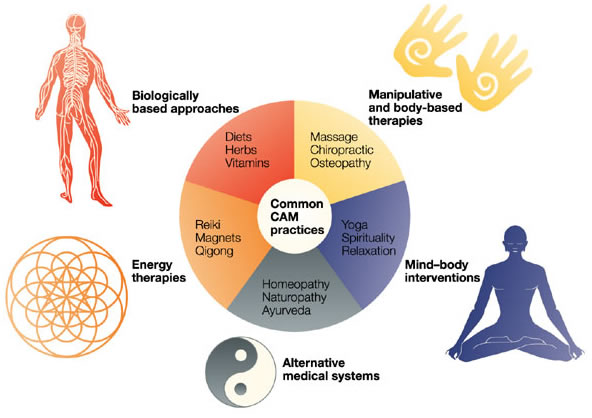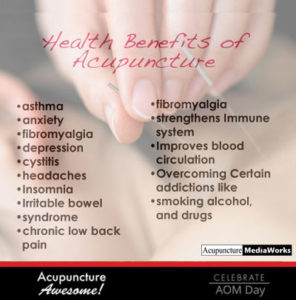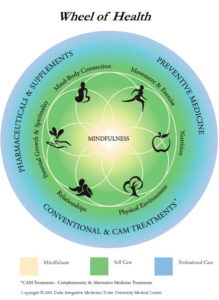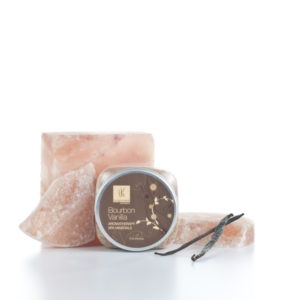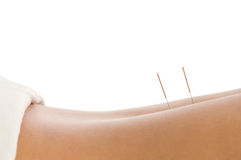Acupuncture: stimulates specific points on the body by the insertion of thin, disposable, metal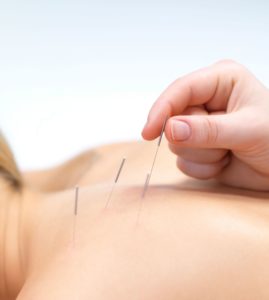 needles through the skin. These needles are about the size of a cat’s whisker or even as thin as a human hair! For thousands of years, the ancient Chinese have understood and recognized a vital force or energy in all life forms. They call this energy “Qi” (pronounced chee). Following the laws of nature, Acupuncture is based on this model. This is different than the biomedical model of Western medicine.
needles through the skin. These needles are about the size of a cat’s whisker or even as thin as a human hair! For thousands of years, the ancient Chinese have understood and recognized a vital force or energy in all life forms. They call this energy “Qi” (pronounced chee). Following the laws of nature, Acupuncture is based on this model. This is different than the biomedical model of Western medicine.
How does it work?
Qi moves through the body through certain pathways or meridians. It follows the fascia throughout the body and flows where blood circulates. Each pathway is associated with a particular physiological system and internal organ. In order for optimal health to occur, the Qi must flow freely in balanced strength and quality.
This vital energy or life force [Qi] regulates our spiritual, emotional, mental and physical health. Disease comes from imbalance that leads to a blockage in the flow of Qi. Acupuncture is intended to remove blockages in the flow of Qi, thus enabling the proper flow of Qi, which restores and maintains health.
What happens in the appointment?
First of all, the acupuncturist discusses your medical and family history, your diet, life style, emotions, and exercise regime. Then, you will have a physical exam. The practitioner looks at your tongue and listens to your pulses. The goal of acupuncture is a balanced state of health for the patient, in all three levels of Body, Mind and Spirit, hence, preventative medicine is the focus. As a result, the practitioner and patient form a partnership to reach this goal. A typical intake or first appointment takes about 2 hours, including the history and physical and then your first treatment. Follow up appointments are usually 1 hour. Other modalities may be used in addition to needles, such as moxibustion, Gua Sha and Cupping.
Acupuncture works alone and with western medical practices:
As mentioned in the page that brought you here, there are many holistic medicine modalities that are worth trying. For instance, if you prefer a more natural approach than taking medicine and/or having surgery, acupuncture may be for you. Because I am a nurse and an acupuncturist, I seek to find a balance between Western and Eastern medicine. I would not ever substitute one for the other nor recommend to my patients anything that is unsafe or unethical.
Some of the integrative modalities are listed in the photo above. However, there are others which are being researched daily and now have empirical evidence showing their efficacy, namely acupuncture, which falls under ‘alternative medical systems’ in this particular photo. It has the Yin & Yang picture [popularly called taijitu] next to it, which you may recognize as a symbol of Chinese Medicine. In addition, research has proven the efficacy of acupuncture and the many health benefits it provides with regular treatments. Moreover, acupuncture is the oldest of all these holistic modalities. In addition, it is indeed a very integral part of modern, collaborative and integrative medicine.
Acupuncture Works!
Did you know?
Through evidence-based research, The World Health Institute (WHO) recognizes Acupuncture’s ability to treat many common disorders including and not limited to:
- Addictions—Go here to read more about The Opioid Crisis and how acupuncture can help
- Low back pain
- Neck pain
- Sciatica
- Emotional suffering/stuckness
- Infertility
- Insomnia
- Tennis elbow/Carpal Tunnel Syndrome
- Knee pain
- Peri-arthritis of the shoulder
- Sprains
- Facial pain
- TMJ
- Headache
- Dental pain
- Erectile Dysfunction
- Difficult periods
- Acute and chronic gastritis
- Rheumatoid arthritis
- Induction of labor
- Breech birth presentation
- Morning sickness
- Nausea and vomiting
- Postoperative pain
- Stroke
- Essential hypertension
- Primary hypotension
- Renal colic
- Leucopenia
- Radiation/chemo reactions
- Allergic rhinitis
- Hay fever
- Biliary colic
- Anxiety
- Depression
- Acute bacillary dysentery
- Primary dysmenorrhea
- Acute epigastralgia
- Peptic ulcer
Furthermore, this report also contains other very important lists of conditions in which acupuncture has proven to be effective. Go here for more information on other conditions/diseases for which acupuncture has shown effectiveness.
Why do we have aches and pains?
When looking at our well being, it is important to understand that our bodies have a Body-Mind-Spirit connection. What is going on inside our bodies, including the emotions we are experiencing, affect our health. If we take a pill every time we feel an ache so it disappears will not help us understand why we have that ache to begin with. Research has proven that figuring out why we are having a pain or symptom is vital to maintaining optimal health.
Our symptoms are our messengers:
Rather than fighting with the squawks we are experiencing, why not learn to dance with them? If I can say, yes I have back pain and begin to listen to my body, I can then understand when my back hurts the most. Does it hurt when I am sitting too long? Or after driving for hours? Or does it hurt more when I move around a lot? All of these things will give you clues as to how you can live with it better. Perhaps I need to rest when my back is really hurting? Or move more if I am stiff and have been sitting too long? Maybe I need to put heat on it or take a hot bath? What is YOUR pain telling you today?
NOTE: Using natural products such as artisan soaps with a loofah using spa mineral salts or taking an epsom salt bath with essential oils can be very relaxing after an acupuncture treatment.
Acu tips by Rosie is a great resource for all things acupuncture related
In conclusion, acupuncture is a wonderful choice for you if you would like to try a more natural approach to your health and wellness!
Is Acupuncture for you??
If you have never heard of Acupuncture, or wonder what it would be like, go here to read a little more about it. Here is more information to see if acupuncture is for you!
Insomnia and Blood Deficiency:
Do you have trouble sleeping, having scanty periods? Do you have dry skin, dizziness, numbness and tingling? These are all related. Here are the reasons why and what to do about it?
dizziness, numbness and tingling? These are all related. Here are the reasons why and what to do about it?
Pain- what does it mean? And how can Acupuncture help?
Everyone is either in some kind of pain or has experienced pain at some point in their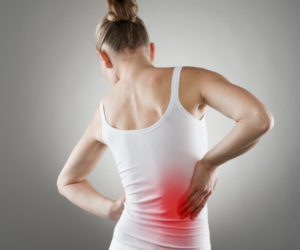 lifetime. Here you will find ways to look at your pain from different angles. Additionally here are holistic modalities, specifically acupuncture, to help relieve your suffering.
lifetime. Here you will find ways to look at your pain from different angles. Additionally here are holistic modalities, specifically acupuncture, to help relieve your suffering.
Go here to find an acupuncture practitioner near you!

